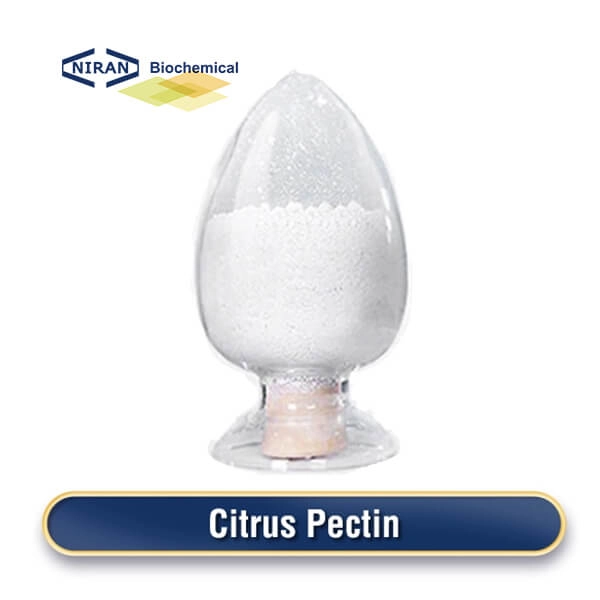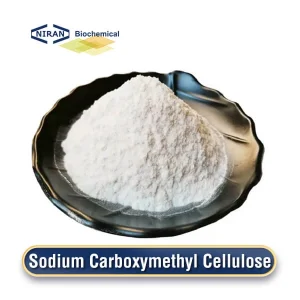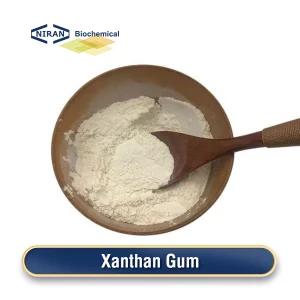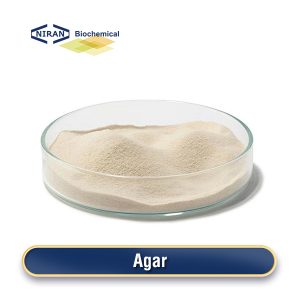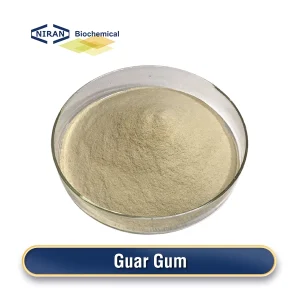What is Citrus Pectin?
Citrus pectin is a white powder with no pungent odor. It is found in large amounts in the cell walls of plants, including fruits and vegetables (carrots and turnips), and is nearly insoluble in ethanol and other organic solvents. It is found in high concentrations in citrus peels and can be used as an emulsifier, stabilizer and thickener in the food industry.
There are four main preparation processes for Citrus pectin:
- Acid extraction: Use acid (usually sulfuric acid or hydrochloric acid) to separate pectin from citrus peels. This is a more traditional and common method with simple operation, but it may cause certain pollution to the environment.
- Enzymatic extraction: Use certain specific enzymes, such as pectinase, to separate pectin from citrus peels through enzymatic hydrolysis. This method is milder and more environmentally friendly than the acid method, but it is more expensive.
- Supercritical fluid extraction: At the right pressure and temperature, extract pectin from citrus peels by using the properties of supercritical fluids, such as carbon dioxide. This method is complicated to operate, but has high extraction efficiency and does not require harmful solvents.
- Microwave-assisted extraction: Utilize the characteristics of microwave heating to improve the extraction efficiency of pectin from citrus peel and speed up the extraction process.
- The mainstream citrus pectin production processes are generally acid extraction and enzyme extraction. Acid extraction is widely used because of its low cost and simple operation, but due to its impact on the environment and possible wastewater treatment problems, enzyme extraction has gradually gained attention in recent years. Although enzyme extraction is more expensive, it can extract pectin more gently and maintain its better quality and biological activity, so it is also widely used in the production of high-end products and organic products.
Recommended dosage:
| Food name | Maximum usage(g/kg) |
| Jelly and jam | 5-10 g/kg |
| Yogurt and dairy products | 2-5 g/kg |
| Ice cream | 3-8 g/kg |
| Bakery products (e.g. bread, cakes) | 2-5 g/kg |
| Juices and beverages | 1-3 g/kg |
| Sauces (e.g. ketchup, salad dressing) | 3-6 g/kg |
| Biscuits and pastries | 1-4 g/kg |
| Meat products (e.g. sausages, meatballs) | 1-3 g/kg |
| Cheese and dairy derivatives | 2-5 g/kg |
| Jellies and soft candies | 1-3 g/kg |
| Candy and chocolate products | 1-5 g/kg |
| Fish and seafood products | 1-3 g/kg |
| Spice and seasoning mixtures | 1-4 g/kg |
| Vinegar and soy sauce | 2-5 g/kg |
Citrus Pectin has a wide range of uses
- Thickeners and stabilizers: Citrus pectin is often used as a thickener and stabilizer for food because of its excellent thickening and stability. For example, in products such as jams, jellies, juice drinks, ice cream, and yogurt, citrus pectin can increase its taste and consistency and improve the texture and taste of the product.
- Emulsifiers and emulsifier stabilizers: Citrus pectin also has good emulsifying properties, which can help suspend and disperse oils during food processing, making the taste of food more uniform and delicate. This is especially important in foods such as cream, salad dressings, desserts, and pastries.
- Anti-crystallization agent: In candies, ice cream, and frozen foods, citrus pectin can effectively prevent product crystallization and maintain the stability of its taste and texture.
- Moisture retainer: Citrus pectin has a strong water retention capacity, which can maintain its softness and moistness in doughs such as bread and pastries, and extend the shelf life of the product.
- Nutritional enhancer: Citrus pectin itself contains a certain amount of dietary fiber, so it can be used as a means to increase the dietary fiber content in functional foods and nutritionally fortified foods, which helps improve digestion and promote health.
User asked question:
Q: Does citrus pectin affect the intestines?
A: The main function of citrus pectin is to increase the viscosity and thickness of food. As a type of soluble fiber, citrus pectin helps regulate intestinal function, promotes constipation prevention, supports the growth of beneficial bacteria, and may have a regulatory effect on blood sugar and blood lipids. Although generally safe, individuals may experience mild discomfort and it is recommended to gradually increase intake.

